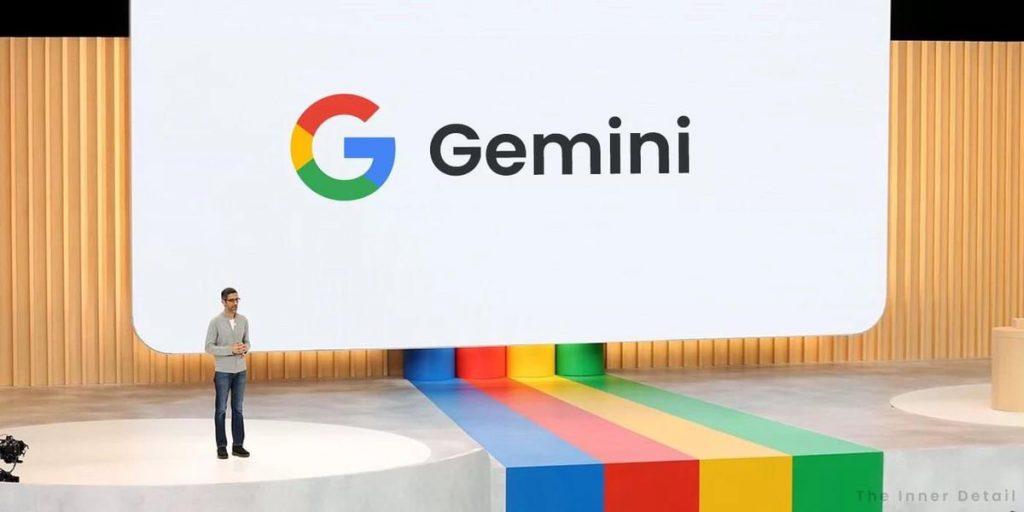Google launches Gemini, its cutting-edge multimodal AI model to compete with OpenAI’s GPT Series

Google introduced Gemini, a robust AI model aimed at competing with OpenAI’s GPT models and enhancing various aspects of Google’s applications and Android devices.
Positioned as the company’s “largest and most capable AI model,” Gemini’s launch marks Google’s endeavor to utilize it across multiple settings, from corporate environments to consumer products like the Google Pixel 8 Pro.
Unlike conventional AI models that focus solely on one form of user input, Gemini is designed to be “multimodal,” accepting diverse inputs encompassing text, images, audio, video, and programming code, marking a significant advancement for Google.
Sundar Pichai, Google’s CEO, highlighted the scale of this achievement, stating it represents one of the company’s most significant scientific and engineering endeavors.
Google has already integrated Gemini into its proprietary AI chatbot, Bard, with plans to incorporate it into widely used products such as the Google search engine and Chrome browser, utilized by billions worldwide.
This move signifies Google’s attempt to regain momentum following OpenAI’s ChatGPT’s unexpected popularity, prompting a widespread race in the AI industry to expedite generative AI tools and initiate global conversations about AI’s ramifications.
Gemini 1.0 offers three variants: Nano, optimized for mobile devices and app developers; Pro, the default model for diverse tasks and customers; and Ultra, described as Google’s most sophisticated AI model, presently undergoing safety testing.
The launch emphasizes Google’s strides in cloud computing, a pivotal resource for AI development.
Google used advanced cloud-based processors to train Gemini, significantly accelerating AI model training, potentially advancing the wider AI industry and strengthening Google’s position in the public cloud services market.
However, the efficacy of Google’s AI chips relative to leading chipmakers remains unclear, such as Nvidia.

Gemini’s testing showcased superior performance across multiple AI research benchmarks, demonstrating enhanced reading comprehension, mathematical capabilities, and multistep reasoning skills compared to rival models.
While Eli Collins, Google DeepMind’s VP of product, acknowledged the strides Gemini made, he highlighted concerns about AI models potentially delivering misleading results.
Despite Google’s efforts to enhance Gemini’s factual accuracy, Collins noted the persistence of issues like “hallucinations” in large language models, where systems generate incorrect facts confidently.
To address these risks, Google plans a gradual release of Gemini Ultra to select users, partners, and safety experts for early feedback and experimentation, followed by a broader rollout to developers and enterprise customers.
This cautious approach aligns with Google’s commitment to thorough third-party safety evaluations established in collaboration with the Biden administration.
Source-CNN




